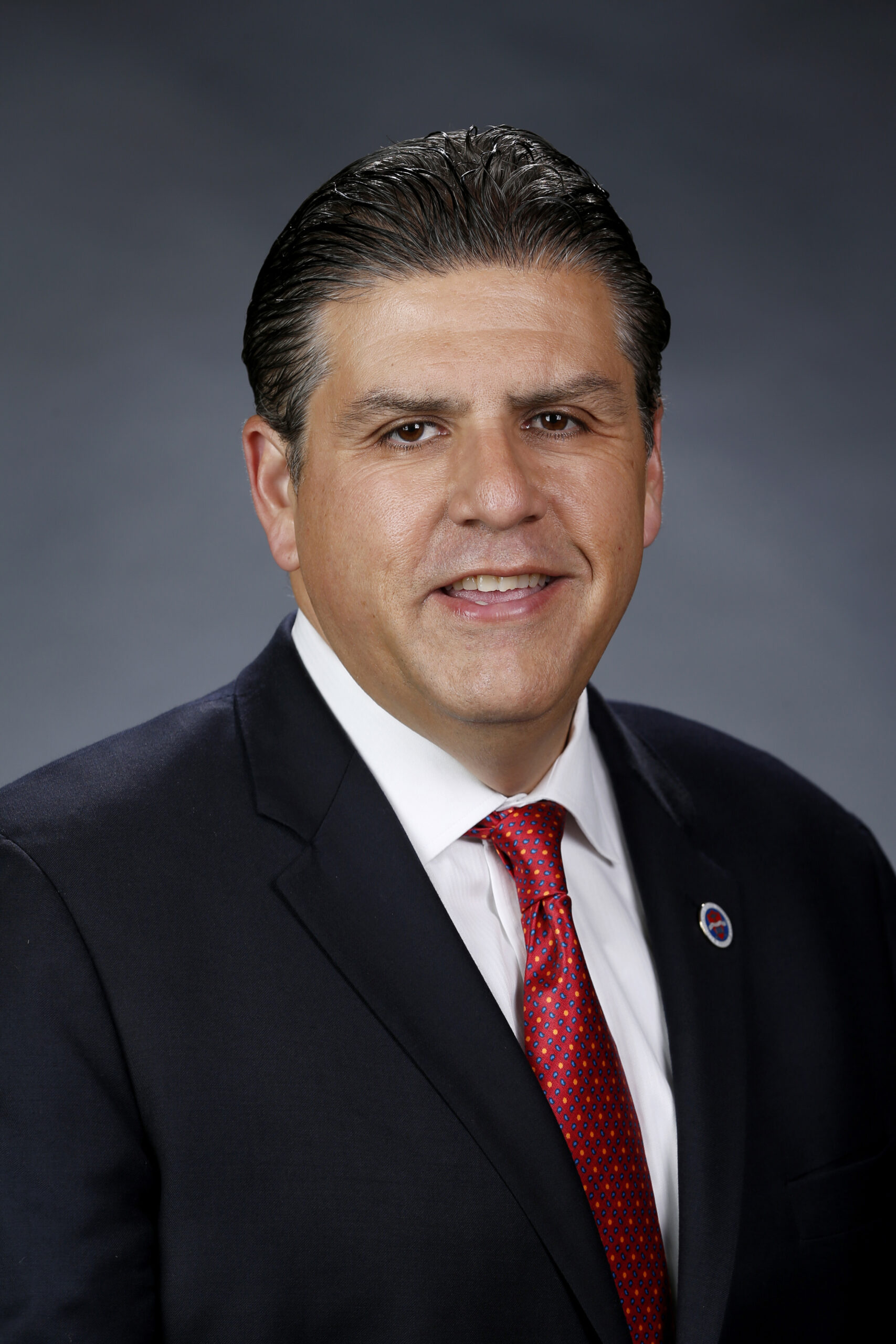
The past several weeks have been unlike any other time I’ve experienced in my 30-plus year career. For colleges and universities, which so often thrive on community and group dynamics, this has been even more stark for all of our students, parents, faculty and staff.
Normally at this time of year, we’d be in the midst of our spring semester. Seniors would be eagerly awaiting commencement. And I’d be looking forward to shaking many of their hands as they walk across our stage and into the professional world.
But COVID-19 has changed it all, and not just because handshakes are now frowned upon with new social distancing recommendations. It’s changed what higher education looks like, how it’s delivered, the needs of our students and so much more.
For the past several weeks, we’ve all worked tirelessly to adhere to guidelines and recommendations from local, state and federal public health authorities, while acknowledging that the announcements made today may quickly grow obsolete. While being nimble was a necessity to react accordingly, our students were rightfully anxious by what became an ever-moving target.
Read: How higher ed is raising funds to help students during COVID-19
Assuaging students’ fears
Even with regular and timely correspondence across our existing communication channels, hundreds of questions came directly to me via social media. Their fear, uncertainty and concern about their education was palpable even in a medium with character limits.
As hours in the day became routinely filled by attending numerous emergency meetings, I also found myself working to assuage students, letting them know that social distancing in a physical sense would not mean distancing ourselves from meeting their needs and ensuring their successful completion.
One of the biggest mistakes I noted as campuses across the country began to close was a lack of understanding of what these sudden changes might mean for students.
One of the biggest mistakes I noted as campuses across the country began to close was a lack of understanding of what these sudden changes might mean for students. For many, including those here at Fresno State, it’s not as simple as just packing up and going home. And for others, jobs and childcare have been drastically interrupted.
For them, there is no normal at the moment. It’s why we’ve gone to great lengths to maintain and expand several crucial programs for our students who need them most.
Read: Faculty need flexibility to teach and support students’ mental health
Providing tech, daily essentials
With the switch to virtual instruction, our DISCOVERe Mobile Technology Program has never been in more demand. We’ve already provided more than 500 iPads and more than 1,000 mobile hot spots for high-speed internet to our students so they can have continued reliable access to their course materials.
And as store shelves are routinely left bare of daily essentials and students are being laid off at an alarming rate, our Student Cupboard has seen an uptick as well from the already incredible 5,500 unique students who typically visit per month.
At a time when so much is changing in higher education and in so little time, I’m comforted by what has remained constant. Regardless of course delivery methods, uncertain commencement ceremonies and cancelled athletic events, our mission of educating future leaders for our local communities, state and country must not waver.
Read: Updated: 55 free higher ed resources during coronavirus pandemic
Battling the coronavirus on campus
Now, empty campuses are being looked upon to potentially serve as critical infrastructure to battle the coronavirus head on. Empty dorms may soon look more like hospitals, and lab equipment used for myriad scientific exploration and teaching may have a singular goal to develop effective vaccination, testing and treatment. These are also valuable and noble efforts, perhaps part of the silver lining in this otherwise turbulent time.
But we should not delay having our talented graduates complete their education and begin making a real and lasting difference. They stand ready to take on this challenge, as well as the countless others that will follow.
Higher education has been forever altered. There will be no returning to the “normal,” which so many of us consider the typical college experience. While it remains to be seen when and where we end up with a “new normal,” for the foreseeable future, abnormal is the new normal.
Joseph I. Castro is president of California State University, Fresno.
UB’s coronavirus page offers complete coverage of the impacts on higher ed.

